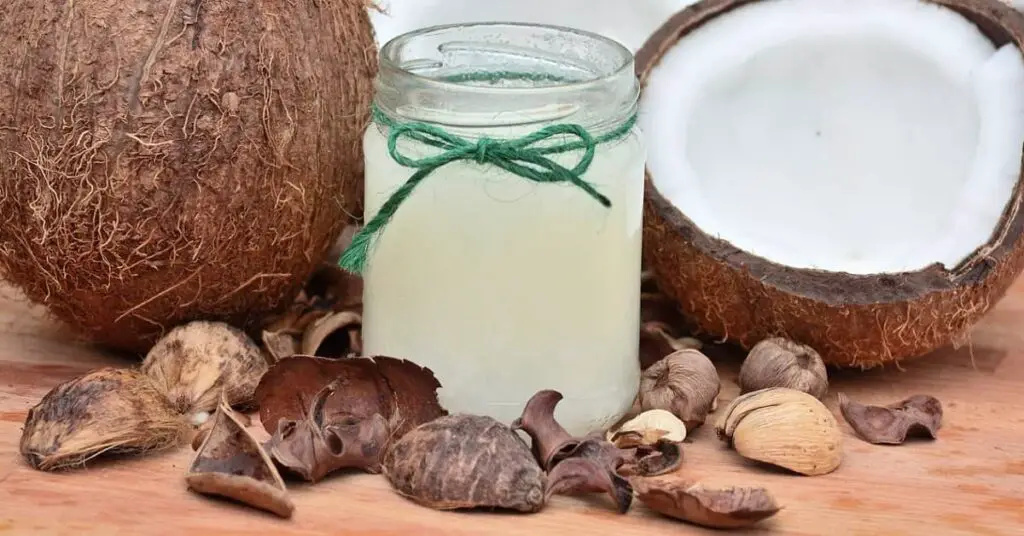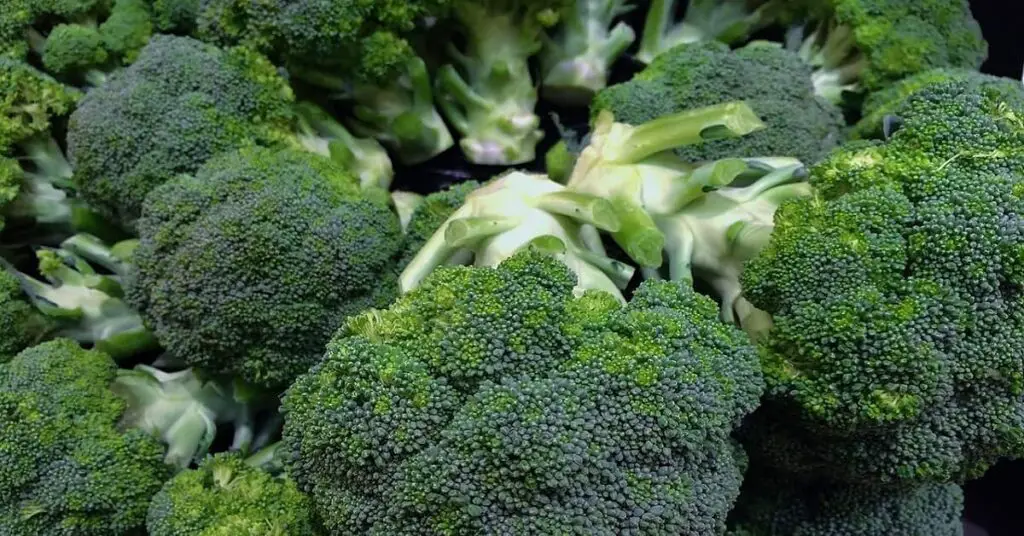If you have read our blog post 23 worst things to feed a dog, you may be wondering now, what food is good for my dog? How do I bypass all these restrictions? What are my options now?
Luckily for us dog parents, we have more options than we can imagine. There are lots and lots of food out there that are very good for our dogs, not only that. But some of them are very good for us too. Here is a list of the top 10 natural foods that are good for our dogs.
.
RAW BONE:
This is at the top of our list because every dog naturally tends to love their bones. Raw bones contain minerals, calcium and phosphorus. These are an essential part of our dogs’ diet. Although most commercial dog food contain calcium and phosphorous, there is an advantage in feeding your dog raw bone.
But before we proceed, we need to understand the bone types suitable for our dogs. There are two bone types suitable to feed our dogs and these are edible raw bones and recreational raw bones.
Edible Raw bones are mainly from chicken wings and neck (sometimes turkey necks). They are hollow, light, soft, and pliable. Naturally lacking in bone marrow but rich in phosphorus, calcium and trace minerals. This is perfect for dogs that are light chewers, heavy chewers often get hurt feeding on this type of bones.
Recreational bones. These are bigger raw bones filled with marrow, usually from larger animals e.g. Cows. They don’t have much nutritional value for our dogs but are an excellent source of mental stimulation. They are also known to have great oral health benefits for our dogs (It is known that recreational bones with cartilages and soft tissues act as dental flosses and natural toothbrushes for our dogs).
.
.
WATERMELON:
This can be eaten by dogs after removing the seeds and rind (hard surface). The seeds can cause intestinal blockage and the rind can cause intestinal upset. Remove these two and watermelons become one of the best things you can feed your dog.
Watermelons are packed with vitamins (A, B6, and C). They are low in calories, contain no fat or cholesterol and have high-water content which helps to keep our dog hydrated. They are also rich in Potassium which is very good for our dog’s kidneys.
Watermelons come highly recommended as a treat to feed your dogs on.
BERRIES:
Blackberries, raspberries, strawberries, huckleberries and blueberries are all good for our dogs. They contain vitamins, fibers, minerals and free-radical fighting antioxidants. Most dogs enjoy these treats frozen.
As always, moderation is the key here in feeding our dogs these treats. Most dogs enjoy these berries when frozen. (two or three of these berries several times in a day is enough for them)

PEANUT BUTTER:
serves as a very good treat for our dogs, but you need to be clear on the type of peanut butter here. We are talking about the old-fashioned peanut butter without any additive. No sweeteners or salting.
There is a lot of peanut butter products out there with artificial flavoring (especially the deadly xylitol- read 23 worst things to feed your dog to find out more). Xylitol leads to accidental poisoning in dogs and should be avoided at all costs.
Having said that, peanut butter (without any form of additive) is a great source of protein for our dogs. They also contain vitamins (vitamin B and vitamin E), healthy fats and niacin. Stuffing your dog’s Kong toy with peanut butter will keep your dog busy for hours on end.
As with all treats, moderation is key, excess peanut butter can lead to obesity and pancreatic problems in dogs.
BABY CARROTS:
are very good for our dogs, especially when it comes to dental health. They are known to be useful in clearing plagues in dog teeth. In addition to that, baby carrots are known to be high in vitamin A, low in calories and high in fiber content (the high fiber content is important especially when your dog want to stool)
Carrots are also known to contain the antioxidant Beta-Carotene which is known to improve eyesight both in men and dogs.
If for some reason you don’t have access to baby carrots, you can make do by boiling the mature ones to soften them before feeding it to your dog. Mature carrot sticks usually lead to hard stooling problems for dogs because of the high fiber content. Boiling them would help reduce this effect on your dog.
SLICED APPLES:
Without the core and seeds, sliced apples are very nutritious for our dogs.
Apples contain a high amount of antioxidants. They also have a high amount of vitamins and minerals, in addition to this they have the right amount of fiber which aids proper digestion in our dogs.
That being said, make sure to avoid the apple core and seeds, as the cyanide in the seeds is very poisonous to our dogs.
If possible, give your dog’s seedless apples to avoid any mistakes.
COOKED CHICKEN:
This is another healthy option for dogs.
Chicken is a good source of protein that dogs need to remain strong and healthy. Make sure to remove the chicken bones (internally, like chest cavity) to avoid the risk of choking while feeding on the cooked chicken.
Also make sure to avoid seasoning the chicken with salt, garlic or onions as these tend to be harmful to our dogs.
BANANAS:
These can be consumed in moderation by our dogs. Bananas are great treats for our dogs. Be sure to offer them to your dog’s bananas without the back peel.
Bananas contain vitamins (B6 and C), fiber, copper, manganese and potassium in the right quantity. They are also low in cholesterol. Naturally, bananas have a high sugar content (hence the advice that bananas be used as treats).
GREEN BEANS:
is another good choice of food to give your dog. Filled with irons and minerals and low in caloric content, it is advisable to feed our dogs with fresh green beans without any sweetening (salting) or preservatives.
Fun facts, when comparing green beans to other beans, it is found to have a very low lectin content (lectin causes nausea, diarrhea and vomiting in dogs) Even better is the fact that this low lectin content can be destroyed by cooking them.
COCONUTS:
Everyone knows coconut oil is beneficial to our dogs’ skin, but in addition to coconut oil, coconut meat (the white fleshy part) is highly nutritious to our dogs.
Coconut meat is known to help reduce inflammation in dogs. They are high lauric acid which is well known for its effects on aching joints, cuts and wounds. In addition to this, lauric acid is well known to help fight viruses and treat yeast infections in dogs.
Coconut meat is also known to help boost our dog’s immune system. Packed with a lot of antioxidants. They help to form a solid line of defense against foreign bodies. In other words, the consumption of coconut helps to build up our dog’s immune system to fight against bacteria, viruses, fungi infections, etc.
Like with all things excess consumption is not good. Coconut meat contains a medium-chain triglyceride, which is known to cause stomach problems when consumed in excess. Moderation is the key here.

COOKED EGGS:
are a good source of protein for our dogs. They also contain selenium (a good antioxidant) and riboflavin a good source of vitamin B2. Cooking the egg whole is advised as giving our dogs only egg whites can lead to biotin deficiency.
A key reminder is that the eggs must be well cooked. If you have a very active dog, consider making cooked eggs a regular part of his or her diet.
OATMEAL:
very good for elderly dogs having problems with their bowel movement. It contains soluble fiber which helps to regulate bowel movements in dogs. Before I continue, it is worth noting that you can only feed your dog cooked and plain oatmeal. The oatmeal must not contain sugar or any sort of flavoring.
Oatmeal is a good source of soluble fiber especially for dogs that are allergic to wheat.
It is also worth noting that oatmeal is one of those food sources you should try and confirm first with your veterinary doctor before feeding them with it. There are instances where a mixture of the oatmeal and medication for your dog has had a negative effect.
Be sure to confirm, in all. Most senior dogs seem to enjoy this delicacy.
SALMON:
is a good source of fats and amino acids for our dogs. They are also a good source of vitamin. The fats in salmon help to maintain our dog’s coat and skin.
As with raw food like this, it is important to have your salmon cooked and cooled before giving them to your dog.
COOKED TURKEY:
are good for our dogs (as usual, make sure that the turkey does not have any seasoning). Naturally rich in nutrients like protein and riboflavin. Turkeys are an excellent addition to our dog’s diet.
In addition to cooking the turkey plain, make sure to remove all bones from the turkey meat as the main nutritious part of their diet is the meat (without the skin layer). More so, it has been well documented that turkey bones are not safe for our dogs to consume due to their brittle nature.
NB. Thanksgiving turkeys are not to be consumed by our dogs, so many seasonings involved here which can lead to digestive problems for our dogs.
FLAX SEEDS:
whether in ground form or oil form is a very excellent source of omega-3 fatty acids. As we already know, omega-3 is vital in maintaining our dog’s skin and coat. It is usually best to feed our dogs with ground flax seeds as they digest faster.
Flax seeds when ground can also be an excellent source of fiber for our dogs. The oil form is usually lacking in fiber content, but high in omega-3.
Make sure to store both forms (ground or oil) in an airtight container, preferably in a fridge.
YOGURTS:
as with all things we give our dogs, yogurts should be unadulterated. That means no sugars or artificial sweeteners here.
We should feed our dogs yogurt with live bacteria. Now don’t be scared when you hear life bacteria you should be pleased with this type of live bacteria as the act as natural probiotics for our dogs. Also, natural yogurts are rich in calcium and protein, two things our dogs need for stronger bones and growth.
COTTAGE CHEESE:
again this is one of those foods that you need to verify with your veterinary doctor before feeding your dog. If your dog is certified not to be lactose intolerant, then cottage cheese should be a welcome addition to your dog’s diet.
Cottage cheese is high in calcium and protein and forms a good treat for our dogs.
POPCORNS:
are good as treats for our dogs, but you should have in mind that the everyday popcorn filled with butter, salt, etc are not good for our dogs.
The best type of popcorn for our dogs is plain, air-popped popcorns. These are easier to digest and are filled with nutrients like phosphorous, zinc, manganese and magnesium. They also contain some fiber which is very good in aiding digestion.
BROCCOLI:
served sparingly make a good snack for your dog. They contain vitamins(B6,B1 AA),phosphorous,manganese, zinc, selenium,copper. Zinc,calcium,choline ,omega-3 fatty acids etc.
It is advisable to serve our dog in small bites.

PUMPKINS:
one of the best things you can feed your dog. Both raw and cooked pumpkins are good for our dogs. Pumpkins are loaded with fiber and beta-carotene, in other words, they are good for treating diarrhea and constipation. Even pumpkin seeds are good for our dogs as it has been found to naturally deworm dogs who consume them.
It’s like a double whammy. As with everything we talk about, moderation is key. A good rule of thumb is to give your dog between one to four spoonful of pumpkins daily. one to four teaspoons for puppies.
Watch the reaction and decide on how to manage the dosage.
COOKED RICE:
is one of the most popular and easily accessible sources of food around the world, so naturally, you believe your dog shouldn’t have problems eating them and you are right. It’s only in very special cases that a dog would be allergic to rice, as rice can easily be found in most commercial dog food.
Rice contains a high level of fiber and in the case of brown rice, proteins.
Cooked Rice is well known to help dogs with stomach problems and diarrhea. It is also fast to prepare, easy for our dogs to digest and costs very little to get.
LEAN BEEF:
is very good for dogs to eat, in fact, beef is the common ingredient used in many dog food. A very good source of protein. It is also a good source of many minerals and vitamins that are essential for dogs.
As always, the should be cooked with no seasoning involved.
PINEAPPLES:
are safe for dogs to eat, but must be chopped into small amounts, especially taking into consideration the hard center part.
When a pineapple is ripe, it is a powerhouse for lots and lots of vitamin C and vitamin B6. It also contains riboflavin, thiamin, niacin, and folate. Along with these, it contains a whole lot of minerals like potassium, magnesium, manganese, copper, iron and some calcium.
Basically, I am saying that if you are looking to boost your dog’s immune system naturally, chopped up small pieces of pineapples (without the back of course) is the way to go.
A quick note even though pineapples are good for our dogs, eating too much of it can lead to nausea and diarrhea in dogs. The best way to give dogs pineapples is a small handful at a time.
MANGO:
can be given to dogs as occasional treats.
A good source of vitamins, minerals, and fiber. Be sure to remove the peel and pit of the mango to avoid digestive problems and choking in that order.
BOILED POTATOES:
can be consumed by our dogs, their carbohydrate content makes it a good source of energy for our dogs.
You should always avoid raw potatoes at all costs and also watch the ration of boiled potatoes being fed to your dog, as excess leads to you having a fat dog at home.
CELERY:
An excellent source of vitamins and minerals, and also low in calories. Celery can be fed to our dogs in small amounts.
Be sure to cut them into bite sizes to enable easier digestion for your dog.
COOKED PORK:
is usually safe for our dogs (always remember as with all raw food for dogs, cook them without any form of seasoning or additive).
The pork must be thoroughly cooked as undercooked pork can expose your dog to so many parasitic infections.
I purposely put it a the end of the ladder so that we all will know that is an option. Although it is high in protein, I would consider chicken and turkey meat before choosing pork.

Hi, I am Charles Nwankwo Editor-in-Chief, Mydoggything.com. Gleaning from Professional Dog Trainers, behaviorist, Registered Veterinarians, and Breeders. We are passionate about making dog care easy for you. My job is to make sure that you get the best-updated dog care information to understand and take care of your dog or dogs.

